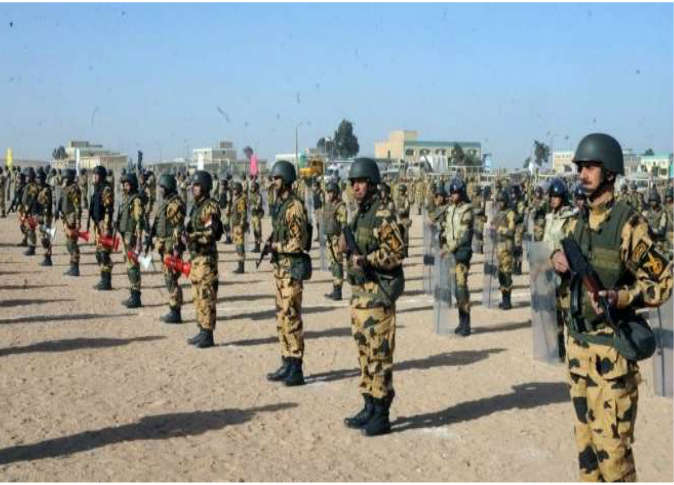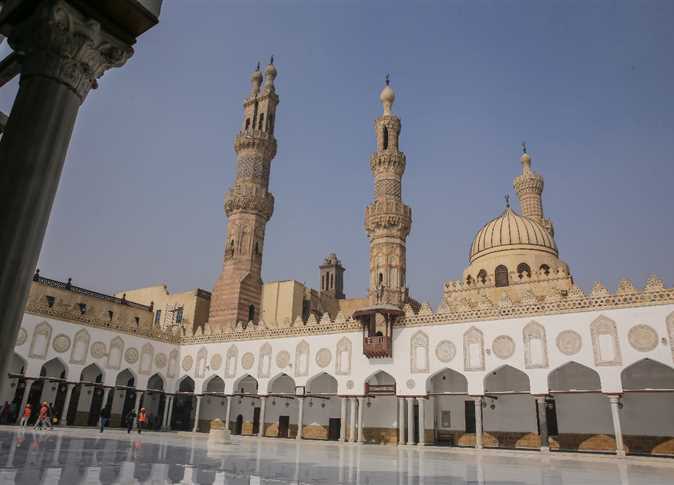Mohamed Sayyid Tantawi, the Grand Sheikh of Al-Azhar mosque and one of the most important Sunni Muslim scholars, died of a heart attack today in Saudi Arabia, state television reported Wednesday. He was 81.
Tantawi served as Grand Mufti, an interpreter of Islamic law, from 1986 until 1996, when he was appointed as the head of Al-Azhar, which includes a university, a mosque, and a network of schools, and was given the traditional honorary title Grand Sheikh. During his ten years as a mufti, he completed an exegesis of the Quran under the title The Middle Interpretation (or Al-Tafseer Al-Wasat).
Tantawi was well-known for his liberal views and for expressing opinions and issuing fatwas, or religious edicts, in line with government policies, especially on issues related to Islamic finance, banking, and women rights. Critics often described the Grand Sheikh as a government "stooge." Al-Azhar, considered the top religious authority in the Sunni Muslim World, is mostly funded by the government, and its top position is usually filled by direct presidential appointment.
In January Tantawi gave his approval to the construction of an underground steel wall on Egypt’s border with Gaza. The wall, which aims to curb smuggling into the besieged Strip, to fight smuggling in tunnels across the borders, a controversial matter that was seen to tighten the noose on Palestinians living on the Gaza strip and limit aid to them during Israeli strikes.
In 2008, Tantawi shook hands with Israeli leader Shimon Peres at an interfaith meeting in New York. Tantawi later claimed he didn’t know who Peres was. In 2003, when France banned headscarves in the public sector and schools, Tantawi called it an internal French decision and asked Muslims in France to comply with the new laws. In 2004, he approved a draft law allowing women to undergo abortion during the first three months of pregnancy in cases of rape. He also condemned female genital mutilation, a common practice in Egypt, where girls as young as five are circumcised, often painfully and by untrained individuals.
Tantawi also recently came under fire for announcing that he will ban female students at Al-Azhar University from wearing niqab, the full veil covering the hair and face. Tantawi deemed the veil "un-Islamic" and unnecessary in girls-only Islamic schools. Tantawi ordered a student to remove the veil in front of her classmates. The student later told the press that she felt offended and humiliated, and the sheikh received more criticism from conservative Islamic scholars, while Al-Azhar defended his act as "fatherly."
Tanatwi was sometimes commended for his progressive and anti-violence views, especially in Western media. The Grand Sheikh unequivocally condemned the 11 September attacks and called extremist groups "enemies of Islam." He also forged strong ties with Egypt’s Coptic Christians and particularly their leader Pope Shenouda.
Tantawi recently declared, "We don’t discriminate between Muslims and Christians. Both have the same rights and duties. Both pay taxes and are drafted in the army."
Tantawi is expected to be buried in Saudi Arabia.




